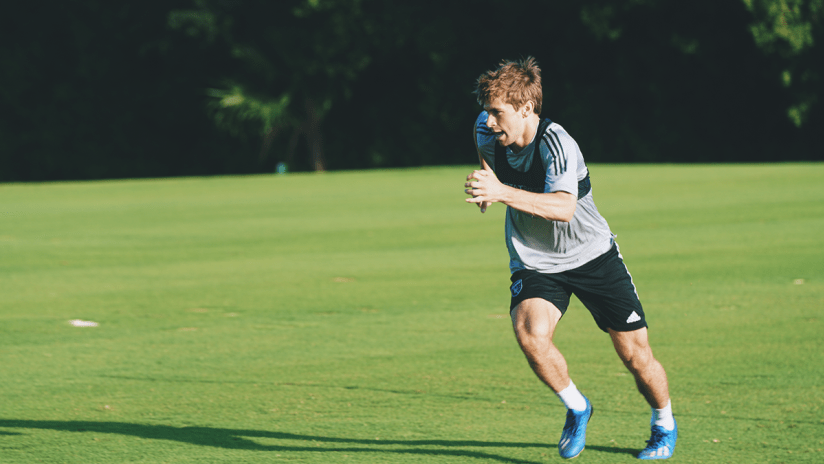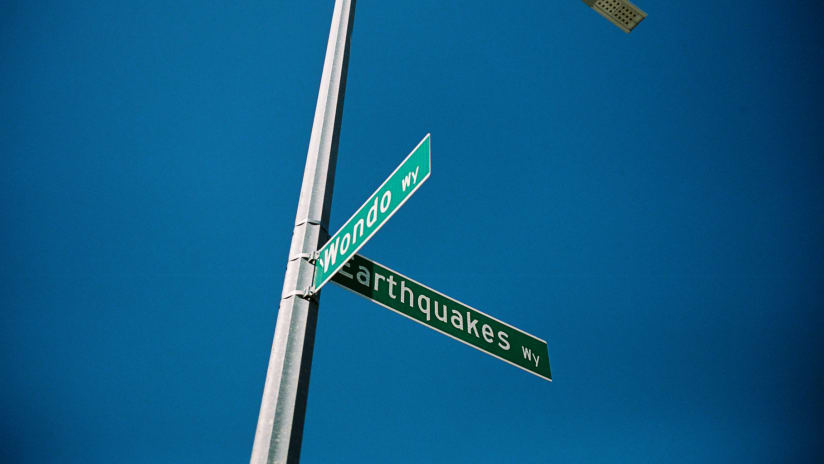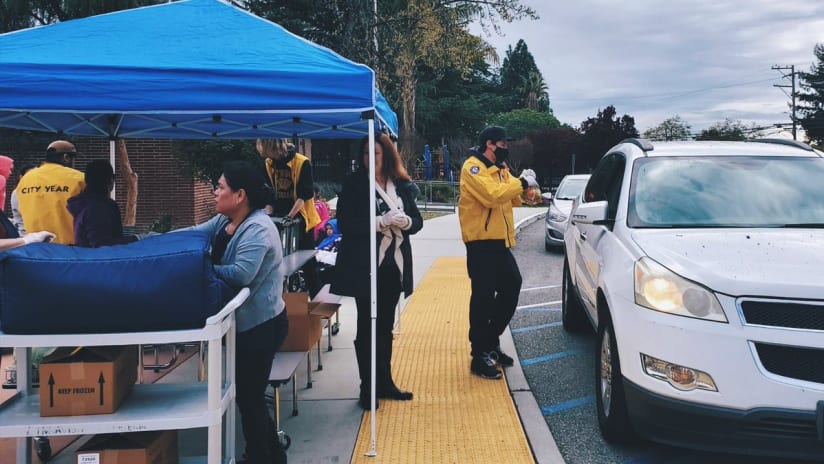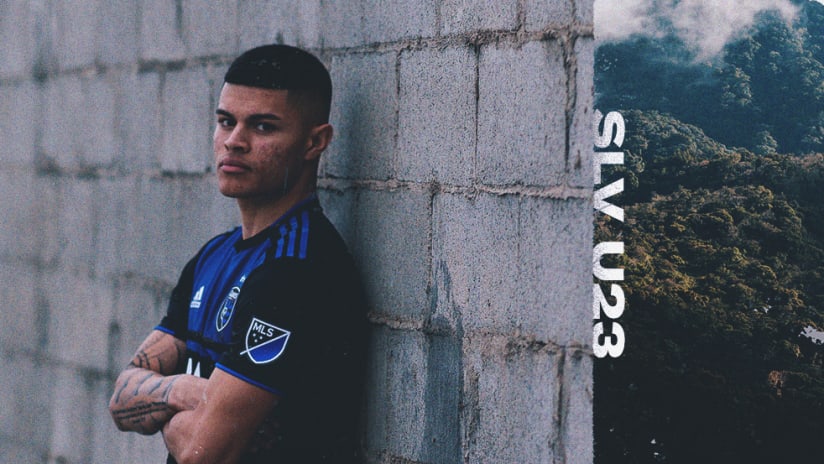I don’t know why I had never noticed it before.
It was mid-March, a week or so after the infamous Jazz versus Thunder cancellation sent the entire sports world into a tailspin. I was driving around downtown San Jose on the phone with Drew Romig, a college roommate and teammate who had recently moved to Nashville. I had called just to check in, to catch up, when the conversation turned to the pandemic. As we talked, I noticed something weird: for the first time since I had moved to San Jose back in January, I didn’t feel the claustrophobia of Northern California traffic. The streets may have seemed deserted, restaurants and bars closed, but it wasn’t quiet.
I’ve never seen so many homeless people in my life . . . is this just me?
I noticed the exact same thing today.
I come from Memphis, Tennessee, a populous, sprawling city situated at a literal and cultural intersection. Three major transportation arteries converge there: I-55, which starts in Chicago and ends almost a thousand miles later just west of New Orleans; I-40, which begins at the Atlantic Ocean in Wilmington, North Carolina and ribbons for over 2,500 miles through the heart of America to Barstow, California; and, of course, Big Muddy, the Mississippi River. Blues music, rock-and-roll, FedEx, and AutoZone all call Memphis home, as do over 650,000 people—1.3 million if you include the contiguous counties in Mississippi and Arkansas. A racially and socio-economically diverse metropolis, it thinks of itself as—prides itself on being—blue-collar, music-loving, & gritty. I grew up in East Memphis, in what you’d call a middle-class bubble. Yeah, there was a person on the street corner occasionally, holding up a hand-lettered carboard sign—HUNGRY: ANYTHING HELPS—but they were few and far between, nowhere near the neighborhoods where my buddies and I lived and went to school and played ball. Maybe that’s why I never noticed a basic fact in my city: extreme poverty, homelessness, hopelessness, just a few streets over from anywhere. I didn’t really have any need to drive to certain parts of town, to certain neighborhoods. I was lucky, blessed; in short, privileged.
There is no way the virus has forced this many people out of their homes . . . has it? Is it like this everywhere?
Honestly, I think so. Terrible. Imagine that.
I tried to imagine that. I mean, what would I do in that situation? What if I had children? If my rent was overdue? Had lost my job through no fault of my own? Where would I eat? What would my next move be?
It was the final game of my freshman season at UNC-Chapel Hill against the previous years’ national champion, Stanford. I had been in and out of the lineup throughout the year; we had a talented roster, and my class in particular had some special players. Halfway through the second half my name was called, and I thought ‘I might never have an opportunity like this again. Better go for it.’ And though I competed as hard as I could—we all did—Stanford, featuring my current Earthquake teammate, Tanner Beason, came out on top after 10 rounds of PKs. Despite the loss, despite the heartbreak of losing that way, something dawned on me. Maybe it was playing in a professional stadium for the first time or just the feeling I had in my stomach walking onto the field for warmups, but it was then that I realized maybe I wanted to play professionally. Maybe I could play professionally.
It’s not that I hadn’t dreamed of playing pro soccer before: I spent my junior year of high school playing for Philly Union’s academy; it aims to prepare guys for a professional career. But I came back to Memphis, to my old high school, for my senior year and then chose to go to college at Carolina for what I thought were good reasons: I wanted a college degree, wanted the college experience—I used soccer to make those things happen. And, sure enough, after four years of a great college experience—academically, socially, athletically—I graduated with a degree in Business Administration. But my dream of playing professional soccer was still there, now bigger than ever. And so, when I was given an opportunity this past winter to play professionally, I thought the same as that game in my freshman year, ‘Better go for it.’ But unlike a lot of people, I could take a career risk, bet on myself, try to earn a contract: I had a useful degree and, if it came down to it, I had my family to support me, a soft landing if I failed. Not everyone has a place to fall.
I wonder if there’s anything we can do about it?
The idea of COVID-19, of a global pandemic, of millions getting sick, of hundreds of thousands dying, of being quarantined, was, until not long ago, like something out of a movie or a King novel. It’s wild—and its impact on so many people is tough to fully grasp. Still, some are better off than others. I am fortunate to have sufficient food, housing, and other necessities that make my “what to watch next on Netflix” issues insignificant.
I wonder if there’s anything we can do about it?
Drew and I couldn’t get over the fact that, if in we were in the same situation as those people roaming the streets of San Jose and Nashville and every huge city and small town across the country, we wouldn’t have the luxury of thinking about six months down the line—whether the Earthquakes had won a championship or Drew had gotten a promotion or we were planning a trip to meet up again with all our college buddies. We’d be worried about the next moment, the fleeting chance to get a meal, the weather conditions for an upcoming night.
I wonder if there’s anything we can do about it?
The economic implications of this situation are shocking. The fact that in the last month more than 22 million Americans have filed for unemployment—with more filing every day—is hard to fathom. What’s maybe not so hard to fathom is that there might be something we can do about it.
www.mybestassist.com was created with a focus on FeedingAmerica food banks in soccer areas across America. Using the #BestAssist hashtag across social media channels, we can create the change we wish to see, while supporting the most vulnerable populations.
Across the country and around the world, people think of soccer as The Beautiful Game, celebrated across the globe for its aesthetic pleasures and fierce competition. But the key to its beauty are the billions of people who look forward to next week’s match, where their team is in the standings, if their favorite player is going to score the following match-day, or if their parents might take them to watch. Everyone has a favorite team, favorite manager, and favorite player. People—whether from the poshest palaces on the planet or the most squalid slums—are fundamentally the same. The game does not care where you are from or what you believe. Soccer fans are compassionate and generous. We are bound by the ball.
But, right now, and for who knows how long, we can’t watch games or check our team’s position in the standings. We can’t debate as to who is the best, which player will win what award, or whether a particular team’s tactics are working. But we are still together, as a soccer community. We all have our own story that soccer ties into. The game has some chapter, big or small, in defining who we are. So, although we can’t check a league’s standings, we can check up on those who are less fortunate. We can come together, form a community that fights to outstrip the negative, root for one another, fight for the positive. To help those who don’t have a soft place to land. As a community, instead of shooting for first place in the standings, let’s shoot to progress a whole community of people. Imagine what could be done in six months—one month, one day—if we all came together?
Contact to help make a difference, give recommendations, or any comments:
www.mybestassist.com
mybestassist@gmail.com
Social Media:
Instagram: @mybestassist




